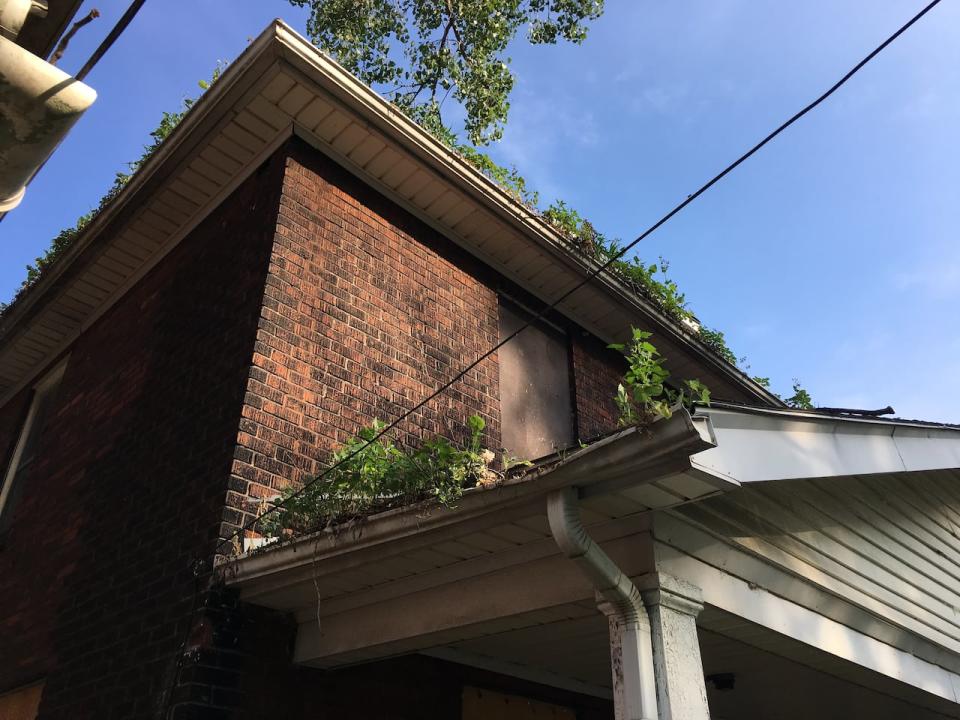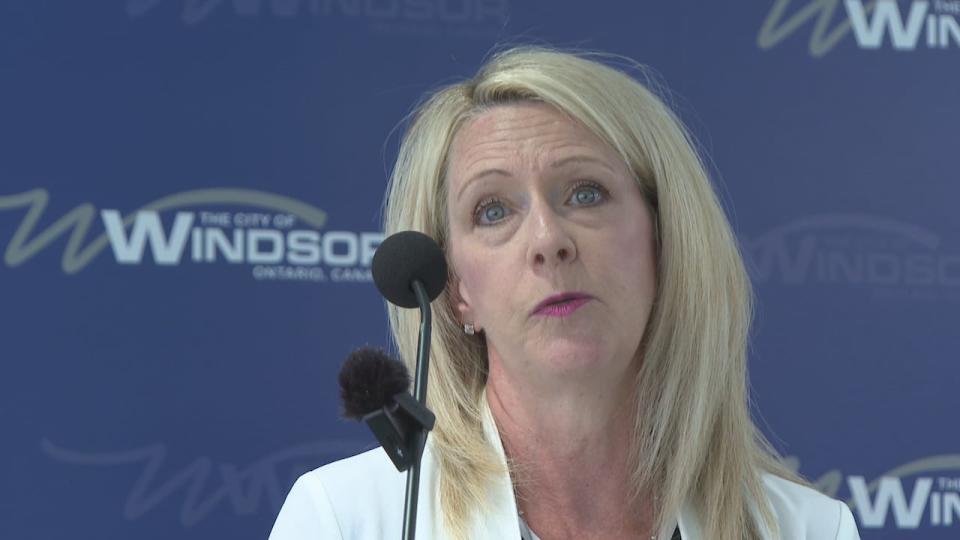Windsor takes 'soft approach' as it moves ahead with complaint-driven 3% vacant home tax
Homes in Windsor left unoccupied for more than 183 days in a calendar year are subject to a new three per cent tax on the property's assessed value.
The city's vacant home tax is aimed at increasing housing supply and reducing vacancy rates.
"As we continue to experience an incredible growth trajectory in Windsor, council remains focused on innovative local solutions to the housing crisis," said Mayor Drew Dilkens.

Based on early estimates, according to the city, there could be between 250 to 500 homes that would meet the criteria to pay the tax.
The process is entirely complaint-driven by neighbours — and starts with homes that were vacant in 2023.
If you suspect a property is vacant you have to report it by contacting Windsor's municipal 311 service, says Dilkens.
The program will be run annually with net revenue generated going into Windsor's housing initiatives.
'Soft approach'
Windsor's commissioner of finance says the process to get the tax green-lit by the province might have taken longer than some in the community wanted.
However, Janice Guthrie says lessons have been learned from other municipalities.
The city will not automatically require all property owners to complete a mandatory declaration of occupancy status — only those who are suspected of being vacant.
But for those who are asked to fill one out and deliberately lie on the document could be fined $3,500, the city warned in a news release.
"Early ones out of the gate had it city-wide where all residents had to complete a declaration and I think that was one learning point that we're taking a soft approach to this," said Guthrie.

"Having someone who's owned their home for several years does not necessarily have to prove that they're using it for their residence."
The new legislation covers residential properties and does not include commercial ones.


